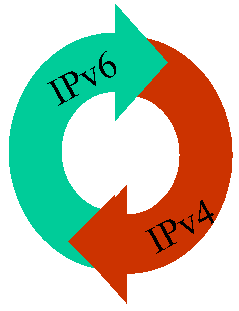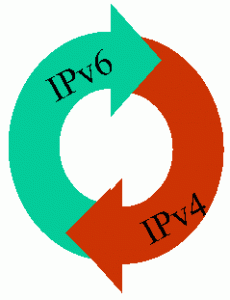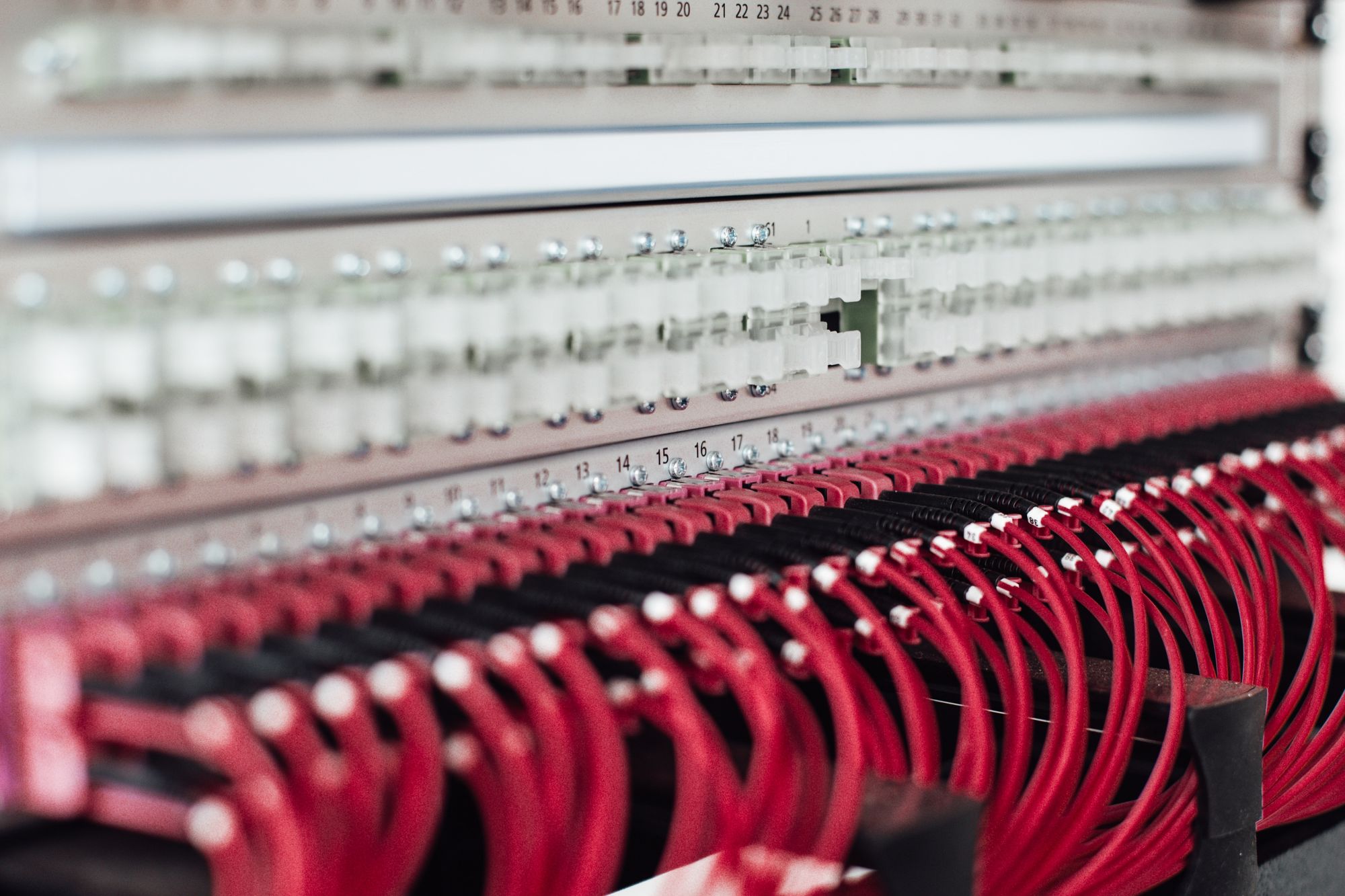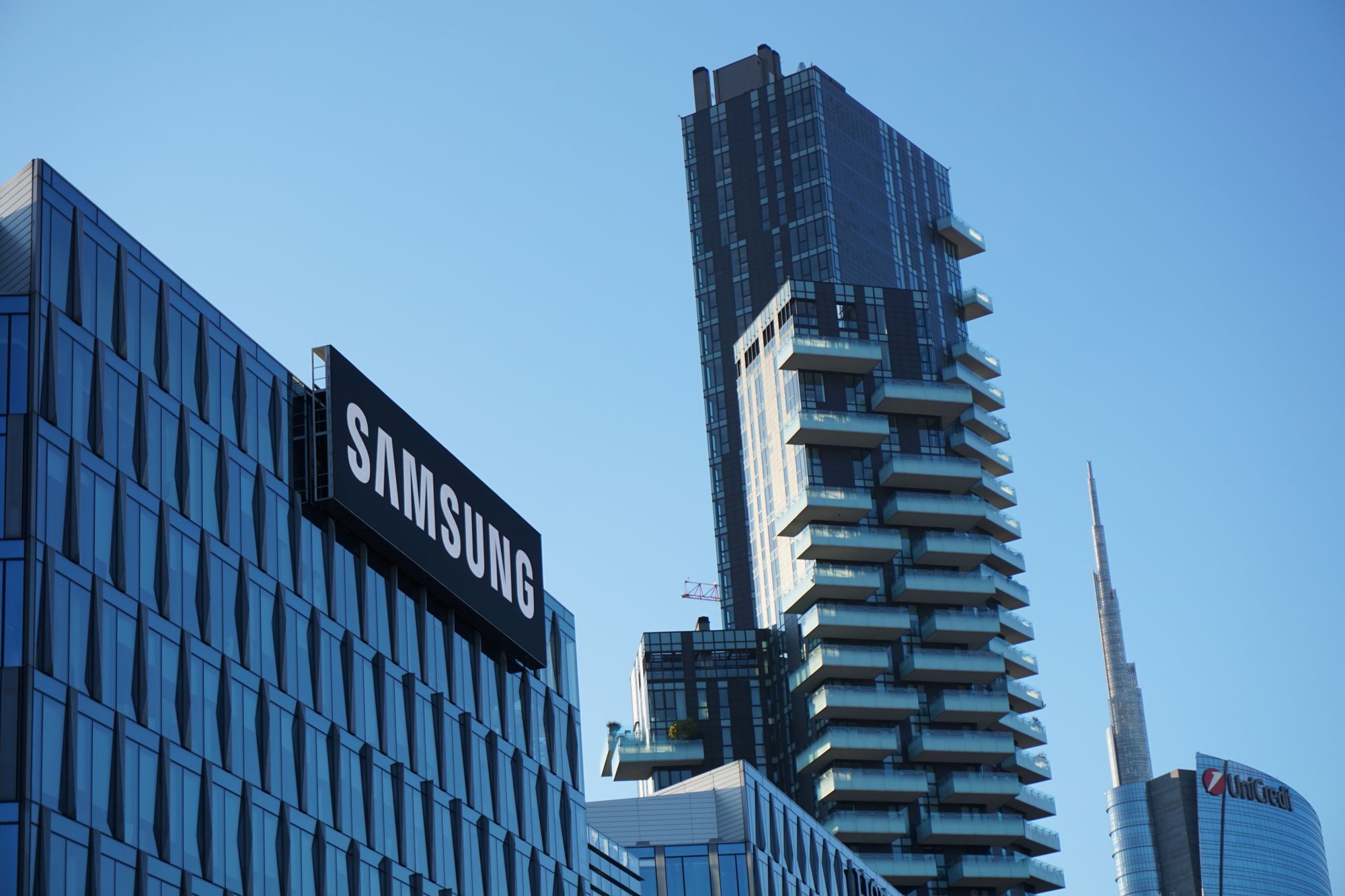Asia Runs Out Of IPv4 Addresses


APNIC is the first of the Internet’s five regional Internet registries to deplete its free pool of IPv4 address space.
APNIC’s news is another sign that CIOs and other IT executives need to begin migrating to IPv6, the long-anticipated upgrade to the Internet’s main communications protocol known as IPv4.
IPv4 uses 32-bit addresses and can support 4.3 billion devices connected directly to the Internet. IPv6, on the other hand, uses 128-bit addresses and supports a virtually unlimited number of devices — 2 to the 128th power.
The Asia Pacific region has been gobbling up the most IPv4 address space in recent years. Geoff Huston, Chief Scientist at APNIC, said APNIC allocated more than 58 million IPv4 addresses in the last two months alone: 41.2 million in March and 16.8 million in April. Among the largest allocations since February 1 were 8.3 million to NTT Communications of Japan, 4.1 million addresses to China Mobile, 4.1 million addresses to KDDI of Japan. and 3.1 million to North Star Information of China. Three other carriers — India’s Bharti Airtel Ltd., Pakistan Telecommunications and Chinanet Hunan Province Network — all received 2 million IPv4 addresses.
APNIC has depleted its IPv4 address space “dramatically faster than people expected,” DeLong says. “My guess is that a lot of operators in the Asia Pacific region realized the time of IPv4 depletion was drawing near and they rushed to get their applications in.”




